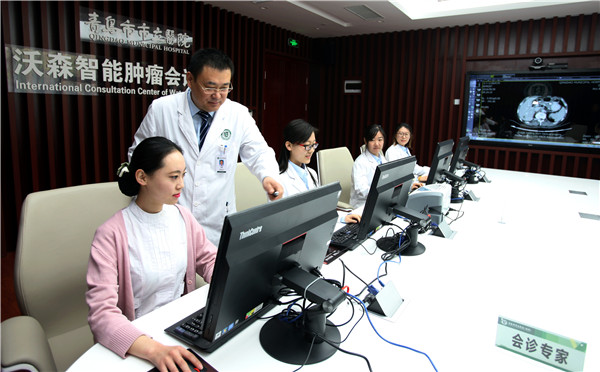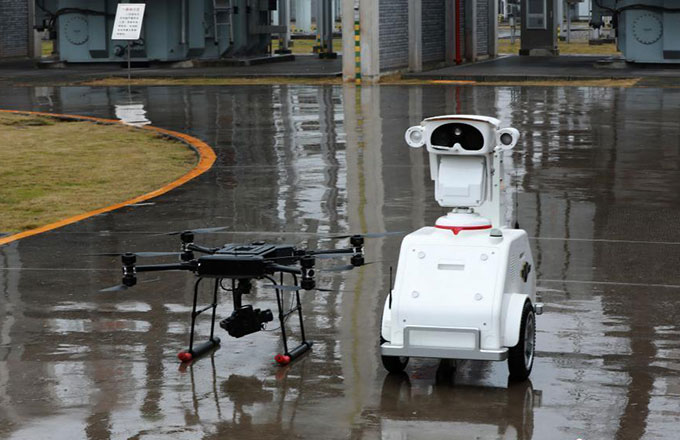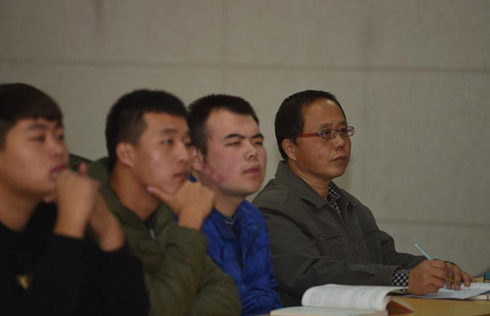Use of AI to grow in nation's medical sector
 |
|
A doctor accesses Watson for Oncology in Qingdao, Shandong province.[Photo provided to China Daily] |
Online diagnosis
A key task in the nation's ongoing healthcare reform is the improvement of the distribution of medical resources to establish a tiered system.
Large hospitals in cities usually have better facilities and higher-level medical talent, so they are usually crowded, which has prompted widespread dissatisfaction among patients.
Currently, hospitals and companies are developing a range of decision-making systems that use artificial intelligence to assist with diagnosis and treatment.
For example, the Second Xiangya Hospital at the Central South University in Changsha, Hunan province, has joined with Danale, a technology company in Shenzhen, to develop an online service that diagnoses skin conditions.
The service uses an app that works via WeChat, whereby patients upload a photo of the affected area of skin, which is scanned and evaluated via AI. The app then combs through its data banks and provides a list of possible diagnoses.
According to the hospital, initial tests suggest that the app is capable of diagnosing lupus, a rare skin disease, with 85 percent accuracy.
"The technology will be used to assist with the diagnosis of common skin complaints, especially at grassroots clinics, and will provide guidance for patients," said Lu Qianjin, director of the hospital's dermatology department.
Moreover, in October last year, the internet company Baidu launched an online medical advisory platform to aid diagnoses at grassroots medical institutions.
When patients input a question, the platform, which stores large amounts of medical data, can provide a range of possible diagnoses.
In August, six robots were introduced in the clinical hall of the Harbin First Hospital, Heilongjiang province, to answer simple questions, such as telling patients the way to certain departments. The robots can also provide soothing music to help patients relax as they wait for consultations, the hospital said.
New challenges
Jiang Zefei, a breast cancer specialist at Beijing No 307 Hospital, said the use of AI will provide more precise and effective diagnoses and treatment, relieving the burden on physicians and benefitting patients.
"However, I don't think AI will ever fully replace doctors because humans have emotions and need real communication. Only doctors can provide those things," he said.
The National Health and Family Planning Commission said the growing use of AI is benefiting patients and doctors, but in-depth use of the technology poses new challenges to ensure the effectiveness of medical care and control patient risks.
The commission said it is committed to overseeing amendments to the relevant laws and regulations that will encourage medical institutions and companies working in the sector to use information technology to improve the services on offer while reducing risks and ensuring that patient privacy is fully respected.
























